The Online Learning Glossary
The world of online learning can come with a lot of jargon. In this post we explain some of the different terms you might come across.

The world of online learning can come with a lot of jargon. We’ve put together this glossary to help explain some of the language you might come across.
 Adaptive Delivery
Adaptive Delivery
A design approach that delivers content that’s adapted to the type of device you are using.
 Blended Learning
Blended Learning
When you learn in a variety of different ways. This usually includes some online learning – so as well as learning in a classroom with a teacher you might learn using your phone.
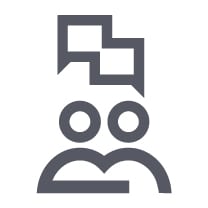 Collaborative Learning
Collaborative Learning
This is when you learn together in a group. You share your resources and skills and exchange ideas to improve your learning.
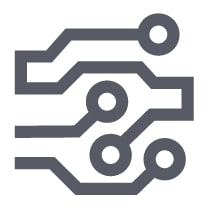 Edtech
Edtech
Short for education technology – a whole industry dedicated to improving and evolving learning using tech.
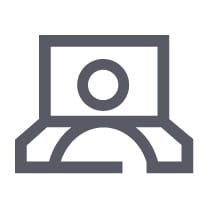
eLearning
The e stands for ‘electronic’. It usually means learning using a computer.
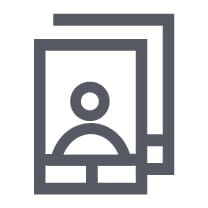 Flipped Classroom
Flipped Classroom
This is where learning usually provided in a physical classroom is delivered online, sometimes with the guidance of an online instructor – as part of this you might watch online lectures, participate in online discussions and complete research at home.
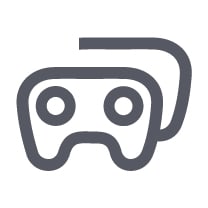 Gamification
Gamification
The process of applying game techniques to a non-game activity to motivate people to achieve a goal.
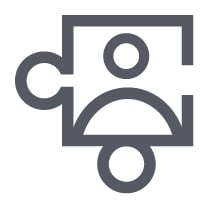 Micro Learning
Micro Learning
This is when learning is split into lots of small chunks, or units – so you learn a bit at a
time.
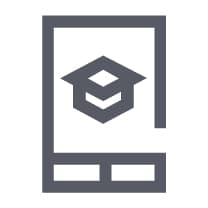 Mobile Learning
Mobile Learning
Like eLearning but instead you learn using mobile technology – like a phone or a tablet.
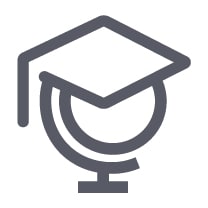 MOOCs
MOOCs
Written in full: Massive Online Open Courses. MOOCs are free courses in lots of different subjects that run completely online. They have the capacity for lots and lots of learners. You can read more about MOOCs in more detail in this other post we did.
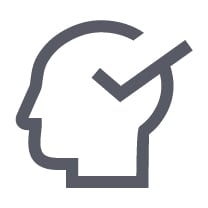 Personalised Learning
Personalised Learning
A type of learning that’s personally adapted and tailored to you as a learner, to meet your specific needs.
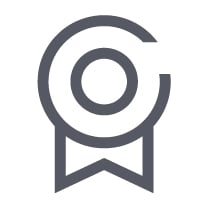 Proof of Learning
Proof of Learning
Some kind of evidence of the learning you’ve done – like a badge or the certificates you can get from us.
 Social Learning
Social Learning
When you learn through other people. Sometimes it’s interacting with them, discussing ideas and sharing projects to improve your collective knowledge, and sometimes it’s learning from them, from their activities and ideas.
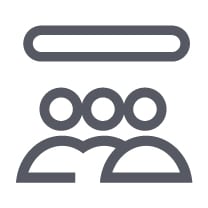
SPOC
This stands for Small Private Open Course. This is typically a course that is done online but access is restricted to a smaller number of learners – so they get a more customised learning experience.
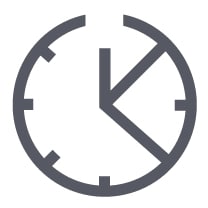 70:20:10
70:20:10
This is one model used to describe how people learn (there are two models of 70:20:10 – here we mean the model for learning and development). 70% of your time is spent learning while working, 20% of your time is learning from feedback and 10% from courses and wider reading.
Now you’re up to date with your online learning jargon…
- find out what a MOOC is in more detail
- get more help with using FutureLearn
- find a free online course




